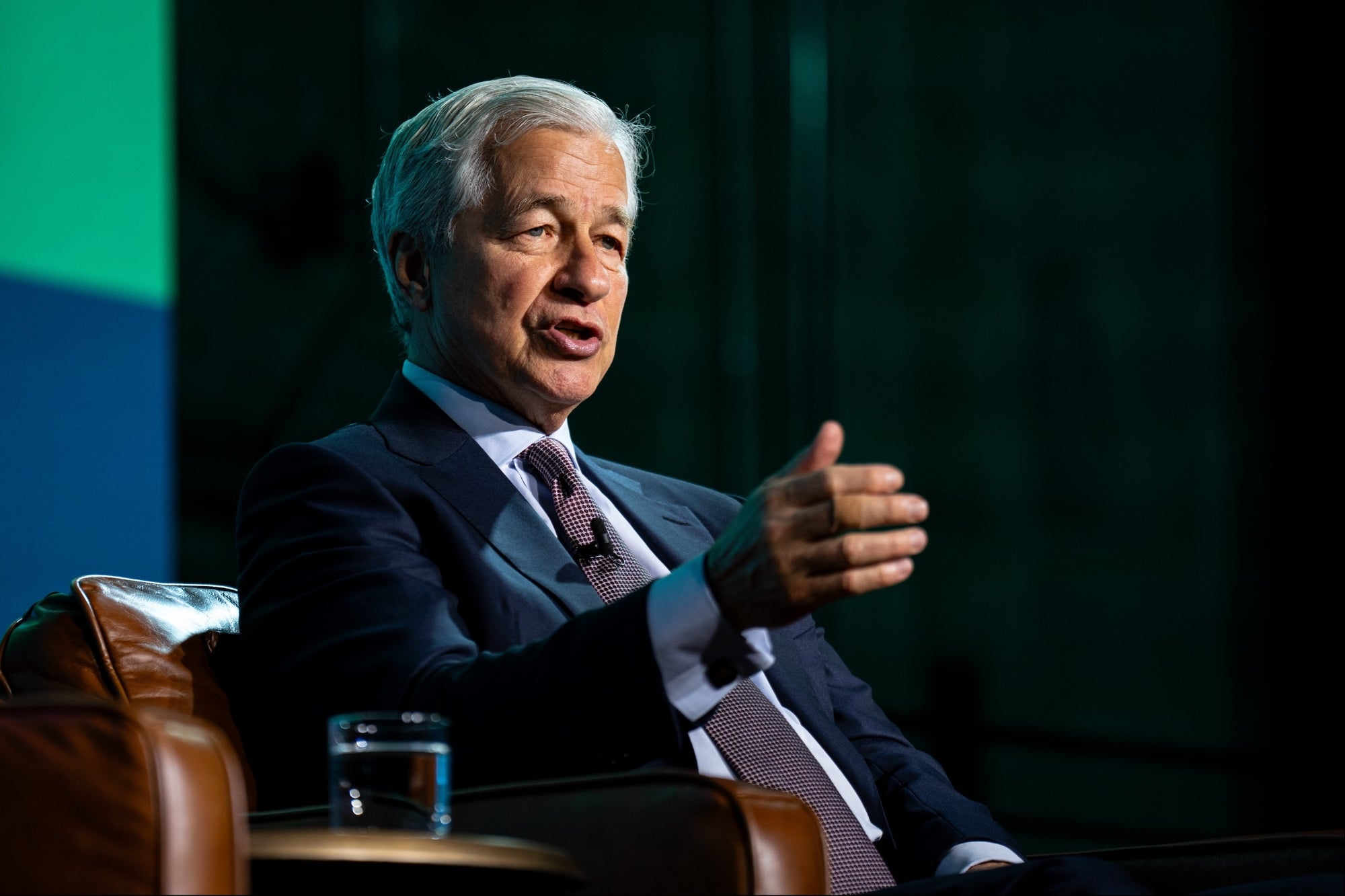How to Land Your Startup's Funding Before You Even Pitch Investors If you want investors to take you seriously, you need to demonstrate your growth potential and prove you know your market inside and out.
By Vincent Molinari Edited by Dan Bova
Opinions expressed by BIZ Experiences contributors are their own.

For better or worse, ABC's Shark Tank seems to have ignited America's BIZ Experiencesial spirit. But as TV shows often do, the series gives inexperienced founders a skewed vision of what it takes to pitch investors. People watch an episode or two and develop an inflated sense of their business' worth, not to mention unrealistic ideas of how easy it seems to secure funding.
Successful pitches require months, even years, of due diligence and preparation. New BIZ Experiencess often ask for money before they've established corporate structures, written bylaws or created offering documents. They pitch indiscriminately without knowing why particular firms or platforms suit their needs.
As someone who has worked in the corporate world (and who later moved into an BIZ Experiencesial space), I witnessed the disconnect between investing and gaining capital as a startup.
Related: The 'Shark Tank' Enjoys an Embarrassment of Riches: 4 Strong Proposals
I had a hard time considering crowdsourcing, as it wasn't regulated. Beyond that, those involved in funding the campaigns received no benefit if a deal was struck. And venture capitalists and angel networks came with their own challenges, such as high costs or fearfully high risk-to-reward ratios.
With the advent of Title III, however, we could finally marry the understanding of regulation of financial services and crowdsourcing -- but then we'd have to appeal across social media- channels to finally get the capital to build a product.
Whichever type of investor you decide to approach, there are some best practices you need to follow.
Besides doing your due diligence and creating your offering documents, these steps tell investors you understand the risks and have a solid plan for how the business will succeed.
Hit the books before introducing scrutiny.
Founders should learn the ins and outs of suitability requirements and risk profiles. Angels and VCs take on enormous risks when partnering with startups because of the speculative nature of the investments. A startup's leadership must toggle the regulatory landscape, as well as access to capital and investor protection. The better prepared you are to address these issues, the more likely people are to fund your company.
Related: Why Sending a Deck to an Investor Before a First Meeting Is a Bad Idea
As an BIZ Experiences, I try to provide a level of transparency to alleviate the need for this kind of due diligence, but everyone should do this for themselves to gain an edge over their competitors.
Meet your (market) maker.
Demonstrate your product's value by documenting social-media buzz, early sales and brand traction. I would recommend focusing on a specific sector or geography first so you know where your product fits. This proves to the funding community that you have a minimum viable product or validated business strategy.
Prior to approaching later-stage VCs who want to see serious market interest before going in on products, look to crowdfunding campaigns -- they can act as asset tests.
Consider the social impact.
Investors increasingly want to work with startups that aim to practice goodwill in their communities. Businesses with key differentiators that revolve around creating positive societal or environmental impacts stand much higher chances of attracting capital than those focused solely on profits. My company has had an ear to this increasing correlation, and the intersection of social good and increased funding for startups has increased 76 percent.
As you continue the process to gain funding, don't be afraid to use a couple of tools (such as CrowdCheck or iDisclose) to help you along the way. As good as your company is and as good as your pitch may be, accessing capital is a regulated process, so having some assistance can go a long way.
Related: The Secret to Pitches That Nail It Every Time? Brevity.
The competition for money from investors is fierce. A great product and charisma aren't enough to persuade them of your business's potential. A deep understanding of the risks, the market and growth opportunities are the selling points you'll need to earn their investments. Real life isn't like an episode of Shark Tank, so pitch investors accordingly.











